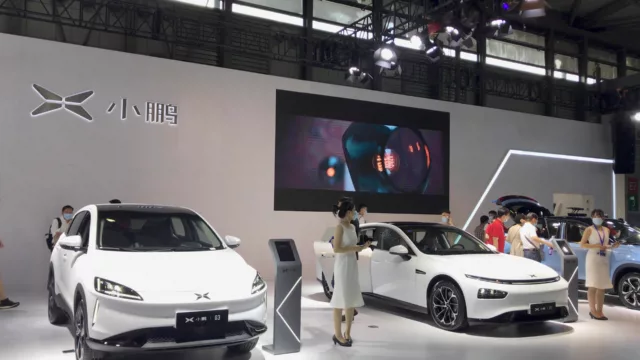
Just a few years ago, Chinese electric vehicles were largely dismissed outside their home market, seen as cheap, copycat commuters with little chance of global impact. Today? They’re the ones rewriting the rules.
Companies like BYD, NIO, and XPeng have gone from scrappy upstarts to global contenders, pushing innovation faster than many legacy automakers can keep up. BYD, now one of the largest EV makers in the world, recently overtook Tesla in quarterly sales, while offering models that range from affordable city cars to luxury sedans and SUVs.
China’s secret weapon isn’t just scale, it’s integration. From battery production to vehicle assembly, most of the supply chain is domestic. That gives Chinese automakers speed, cost advantages, and the ability to roll out new tech, like solid-state batteries or AI-assisted driving features, far faster than Western rivals.
Now, with EV-friendly policies at home and a growing push into Europe, Southeast Asia, and Latin America, Chinese EVs aren’t just coming, they’re arriving. And for buyers around the world, that means more choices, lower prices, and a front-row seat to the most disruptive shift the auto industry has seen in decades.









